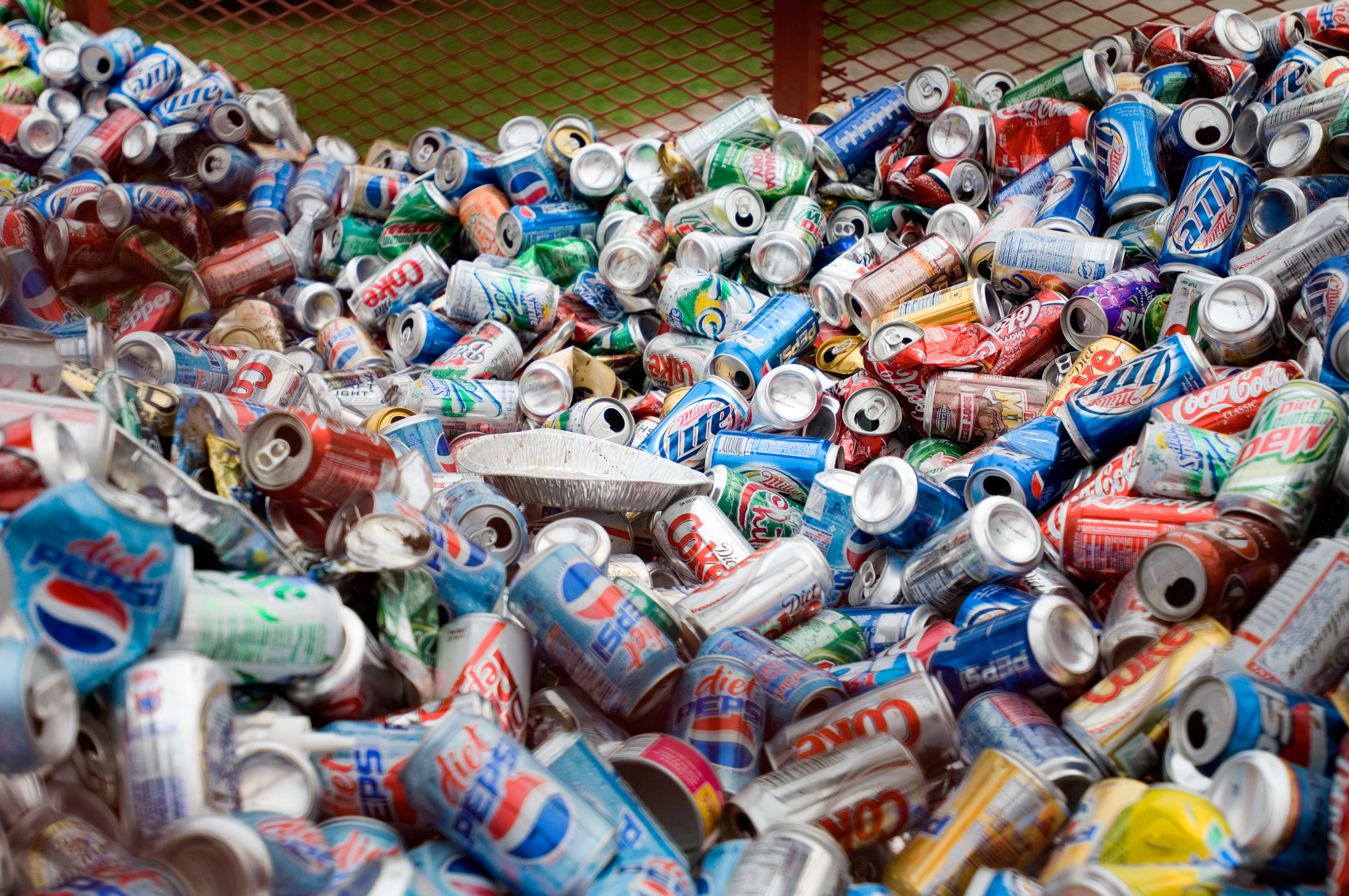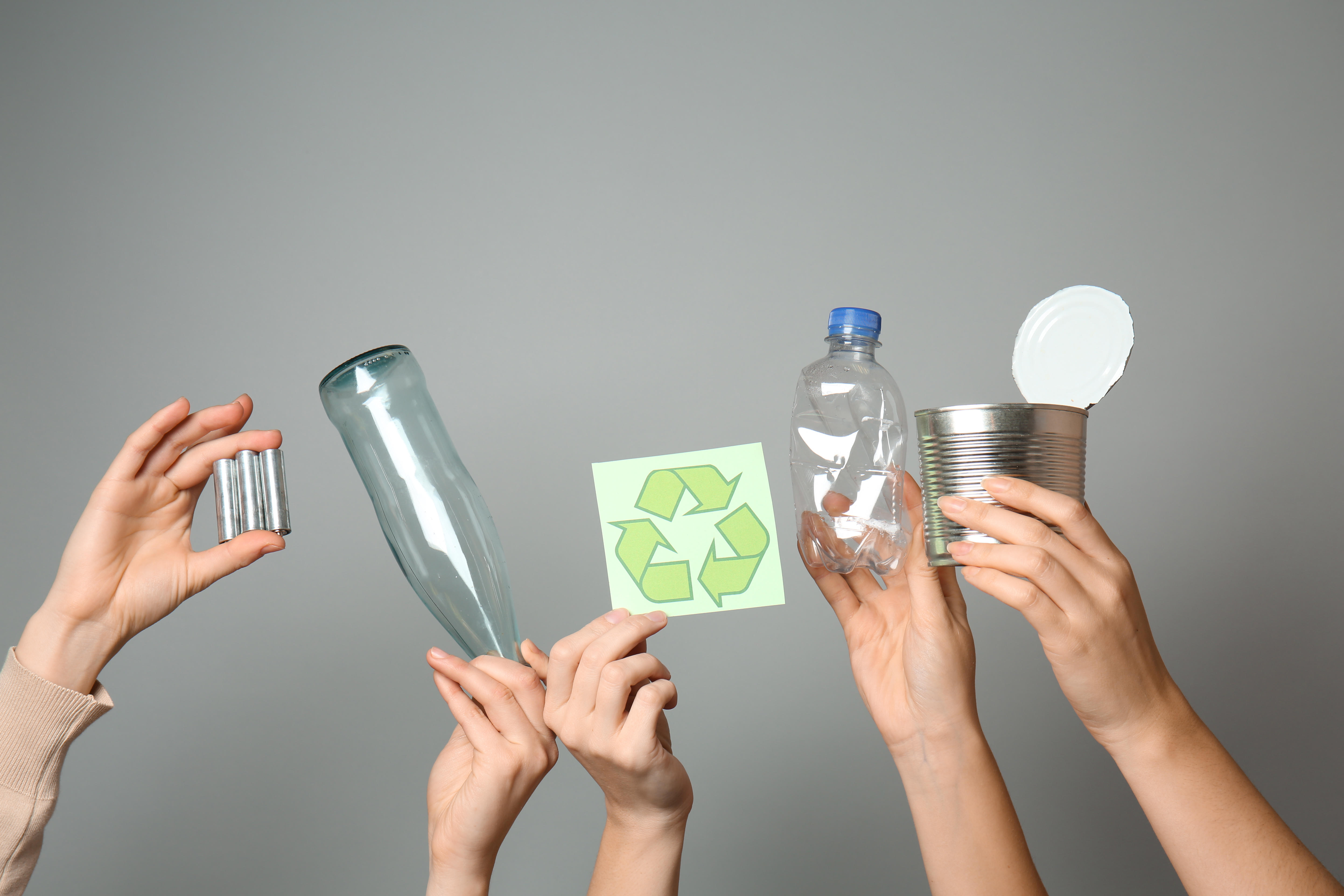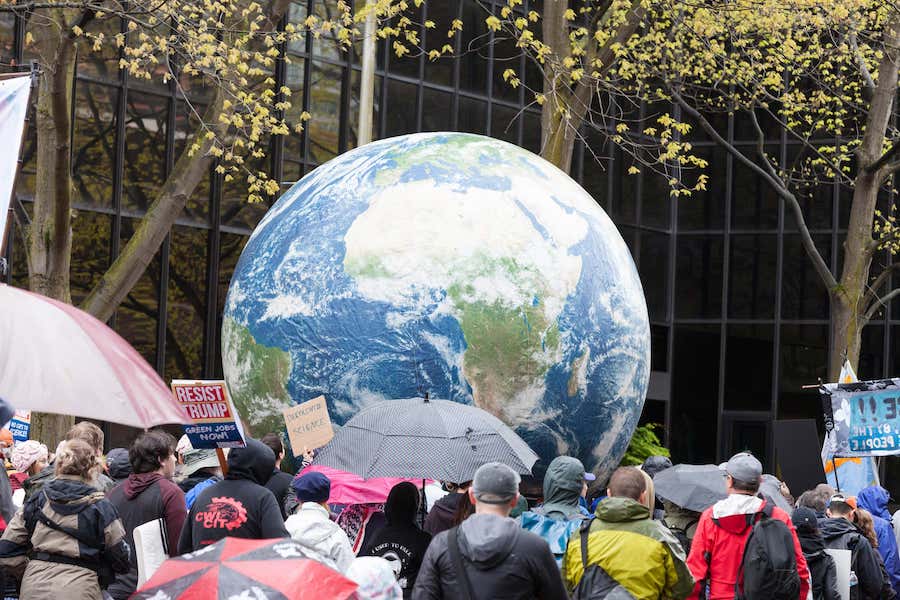Earth Day: 5 surprising things that might be harming the planet
You might have ditched plastic straws and fast fashion buys, but what else might you unknowingly be doing?
Many of us try our best to protect the planet – whether that’s eating less meat, recycling more or avoiding single-use plastic where we can.
But despite all this, could some of the seemingly innocent things we regularly do potentially be harming the environment?
There are some things you might want to reconsider doing – in the name of sustainability…
1. Trying to recycle dirty packaging
“Clean your packaging. Dirty items can contaminate a whole load of recycling,” says Jenny Wassenaar, chief sustainability officer and senior vice president of global research and development at Trivium Packaging.

2. Using ‘recyclable’ plastic products
“Well-meaning consumers prefer to buy products in packaging labelled as ‘recyclable’,” says Wassenaar.
“However, recycling isn’t perfect… Overwhelmed recycling plants, differing systems at local facilities and contamination all impact whether your packaging is eventually recycled.”
According to Greenpeace, only 12% of our household plastic packaging waste is recycled.

“Choose products packaged in infinitely recyclable materials, such as metal and glass,” she advises.
3. Throwing biodegradable items into nature
Even if something is marked as biodegradable, Wassenaar warns against throwing it into nature.
“Biodegradability can take years and nature has to find a solution for your action,” she explains.
4. Sending too much to the charity shop
Taking stuff to the charity shop might seem like the environmental way to have a clearout, but that shouldn’t then mean you go buy more things you don’t need.
“Trends and styles change every day, which leads to garments ending up in landfill as charity shops and organisations struggle to cope with the supply of donations coming their way,” says Raffi Schieir, director of Prevented Ocean Plastic.

Instead, skip the trends and shop for things that last, from brands that care.
“Fortunately, there are brands like Patagonia who are looking for sustainable ways to meet this demand. Patagonia recently introduced a recycled component to some of their lines with materials made from Prevented Ocean Plastic,” Schieir says.
“Such efforts use existing waste to create quality products, which can be looked after and repaired to improve their lifespan. By seeking out sustainable, ethical brands, and taking care of their clothing, consumers can find a way to contribute to the solution without adding to the problem.”
5. Repeatedly buying a bag for life
“Many of us feel better if on forgetting our shopping bags, we choose a bag for life – thinking it will be reusable, and if it’s harder-wearing we will be able to use it time after time,” says sustainability and business expert Kate Hardcastle MBE.
“However green you think your new shopper is, it is really important we get in a permanent habit of refusing it – and indeed plastic itself. Longer-wearing materials would be a far better option. Some plastic bags can take hundreds of years to break down.”
The Press Association
Latest posts by The Press Association (see all)
- Fewer big money Premium Bonds prizes available from April draw - February 18, 2025
- Shirley Ballas and Julia Bradbury urge women to take up breast cancer checks - February 17, 2025
- How to get your garden spring-ready - February 17, 2025
- William and Catherine mark Valentine’s Day with romantic picture - February 14, 2025
- 5 unusual daffodil types and how to grow them - February 12, 2025




















